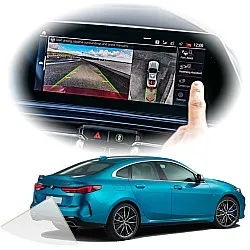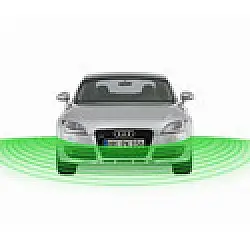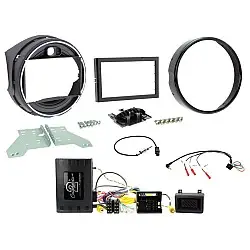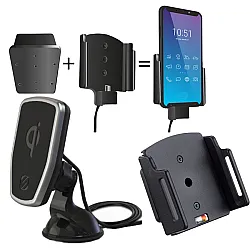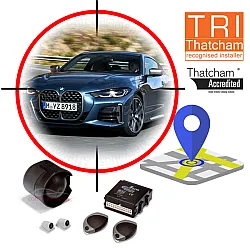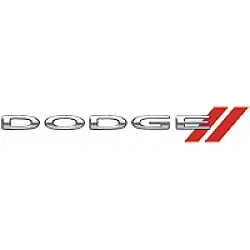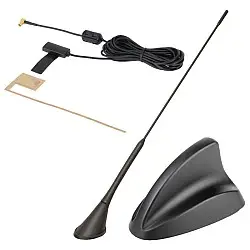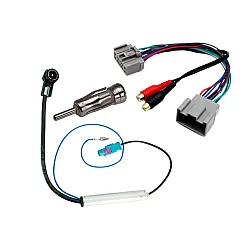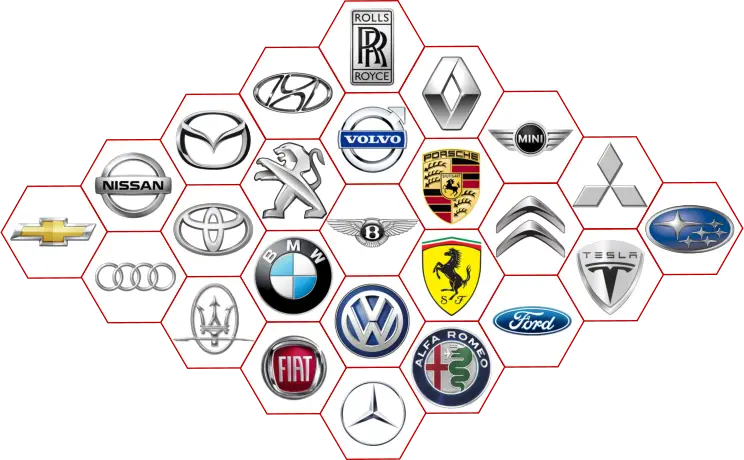Cars to have new high-tech safety systems as standard by 2022
Automotive safety technology is evolving all the time - just as it should be, since it’s the single most important aspect of any new vehicle for manufacturers (although weirdly, not one that always factors into buyer decisions)! In the past year, the EU Commission - the governing body for automotive manufacturing standards within the EU - has settled on a total of 11 new safety features which will be included as standard on all vehicles manufactured from 2022 onwards.
Improving road safety is the main aim of the new measures - they’re projected to save about 7300 lives and prevent as many as 39,000 serious injuries between 2020 and 2030. Even though the UK won’t be part of the EU for much longer (as you’re probably aware), we still get hundreds of thousands of cars imported every year, so the move will very much affect us. So, what are some of the main technologies we can expect to see fitted to UK cars in the near future?
Autonomous Emergency Braking
One of the UK’s chief proposals, this one is named fairly straightforwardly! It’s exactly what it sounds like; the system automatically applies the brakes when a driver fails to react to an obstacle in the road ahead. Right now, this is estimated to reduce rear end collisions by 38%.
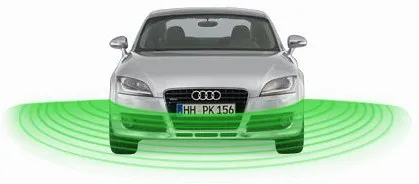
According to experts, the technology improves safety in several important ways. By identifying critical situations early, it can mitigate for human drivers who may not have time to react to events at all, or those who do manage to apply the brakes, but with insufficient force to avoid a collision (a reasonably common factor in crashes). Where a collision is unavoidable, the system can at least lower the speed, and if necessary prepare the vehicle and restraint systems for impact, thereby reducing the crash’s severity.
Reversing cameras
We’ve recently covered the discussion surrounding whether or not reversing cameras should be made mandatory. Well now, as of 2022, they will be! This is no surprise, really; reversing is an everyday part of driving, and it’s one that often involves reduced visibility and a limited field of vision. Reversing safely is also often especially tricky in tight, crowded environments like busy shopping centres and residential roads. This is where reversing cameras can help - not only do they make life safer for pedestrians and other vulnerable road users, but they can also provide lots of extra useful benefits, such as guideline overlays which make it easier to park.
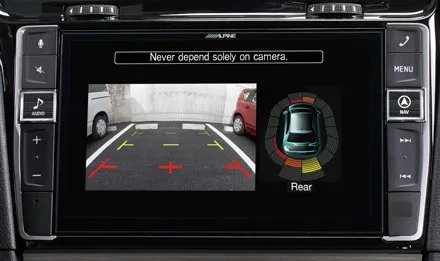
Intelligent speed assistance
This is actually an innovation which has garnered its fair share of controversy recently. In fairness, it’s easy to see why. The technology involves the use of constant GPS monitoring, as well as on-board vehicle cameras, which has prompted some concerns of over-surveillance. The car will use the GPS monitoring to work out its position, and the local speed limit (sometimes by reading signs using its on-board camera). The speed limit will then be sent to the dashboard. It won’t force drivers to slow down as such, but will function broadly like cruise control - holding a particular speed until the driver applies a greater amount of force onto the accelerator.
This is one of the most important aspects of the technology. Contrary to what it might sound like, it can be overridden. In fact it needs to be - otherwise, it could potentially put drivers in a dangerous situation when they’re trying common manoeuvres, such as an overtake on a residential road.
What are the other technologies?
Some of the other inclusions on the list bring their own controversies, such as the event/accident recorders - sometimes known as black boxes. They’re devices which will be familiar to many new drivers, as some insurers insist on them. Like intelligent speed assistance, they won’t enforce the law, per se. However, if you’re involved in a crash and your event recorder shows evidence that you were routinely or insistently exceeding the speed limit, it will probably harm your chances of a compensation claim.
Others aren’t subject to quite such heated debate. The full list of remaining technologies includes:
- Alcohol interlock installation facilitation (to cut down on drink-driving)
- Drowsiness and attention detection
- Emergency stop signal
- Lane keeping assist
- A more advanced crash test, and improved seatbelts
Some have their doubts as to whether measures like intelligent speed assistance will actually help to prevent accidents, or whether it may actually be actively dangerous by hindering drivers from completing overtaking manoeuvres. Happily, the same can’t be said for other additions - the advantages of reversing cameras, for example, are very well documented! You can browse our extensive range of reversing cameras right here on our site - we even offer a professional installation service if you’re not 100% confident on fitting your new purchase yourself!



































































